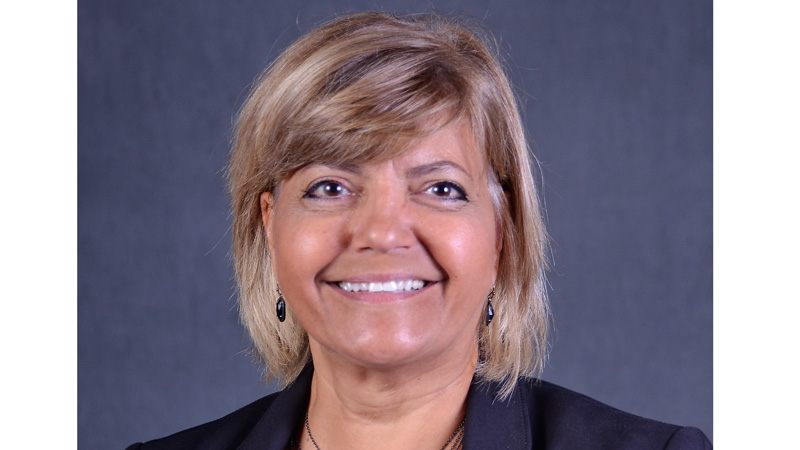St. James Parish Hospital: Proud to be age-friendly
Published 12:01 am Wednesday, October 21, 2020

- Mary Ellen Pratt
|
Getting your Trinity Audio player ready...
|
According to the United States Census Bureau, the US population aged 65 and over is expected to nearly double over the next 30 years. These demographic advances have left our health systems behind as they struggle to reliably provide evidence-based practices to every older adult at every care interaction.
Age-Friendly is an initiative of The John A. Hartford Foundation and the Institute for Healthcare Improvement (IHI), in partnership with the American Hospital Association (AHA) and the Catholic Health Association of the United States (CHA). The Age-Friendly Framework, which utilizes proven best practices, was designed to improve the care of older adults through actions that focus on the “4Ms”—Medication, Mentation, Mobility and What Matters Most.
The 4M Framework
- Medication—If medication is necessary, use age-friendly medication that does not interfere with what matters to the patient, their mobility or their mentation (mind).
- Mentation–Prevent, identify, treat and manage delirium across settings of care.
- Mobility—Ensure that each older adult moves safely every day to maintain function and do what matters most to him or her.
- What Matters Most—Know and align care with each older adult’s specific health outcome goals and preferences.
Trending
Age-Friendly at St. James
In 2019, St. James Parish Hospital committed to being an Age-Friendly Health System and formed a multi-disciplinary team to implement the 4M framework into patient care. Our team—led by Sabrina Anderson, RN, Clinical Documentation Specialist, also included Melba Perez, LCSW (Social Worker), Kirby Folse, RN, Kelein Barrow, PT (Inpatient Physical Therapist) and Jennifer Granier, PharmD (Pharmacist). In addition to redesigning processes and training staff, our team measured utilization of the program to ensure older adults in our facility were not only offered quality clinical care but also treated in a way that helped address the needs outside of medicine that have a big impact on quality of life.
For the past year, our Age-Friendly team worked to ensure staff successfully integrated the 4M’s framework into patient care.
- Upon arrival, we carefully assess the needs of our older patients. Through an updated admission process, we ask older patients key questions to get information about recent hospitalizations, caregivers, home environment and current functional status.
- Our nursing team has a conversation with each older patient to access what matters most to them. Our case management department is notified automatically with these patient-specific goals.
- Longer-term “skilled” patients participate in a weekly meeting with their interdepartmental clinical care team and a chosen family member or advocate. These meetings allow us to discuss clinical care plans and progress while giving the patient an opportunity to ask questions and discuss personal goals.
- Our physical therapy team created and implemented a special program to get even bed-bound patients moving early and often.
- When medications are ordered, our pharmacy team clearly identifies if a patient’s mobility or mentation (mind) could be affected.
- Patients over 65 are also assessed each shift for any episodes of delirium. Any symptoms such as confusion, drowsiness or disorientation are documented and reviewed.
- Our team keeps Communication Boards updated in patient rooms which include an expected discharge date and the activities a patient can expect each day.
Setting an Example
St. James Parish Hospital was among the first Critical Access Hospitals in the nation to successfully implement the Age-Friendly Framework into the care of older adults. Our Age-Friendly team was recently selected to lead an American Hospital Association (AHA) virtual webinar to outline the quality work of our hospital and help other hospitals across our country implement the initiative. Additionally, team leader Sabrina Anderson, RN, and myself as the CEO, were recently approached by the AHA to present successes on a leadership level though a second national presentation.
Now more than ever we are seeing the impact of mental health on overall health. Hospitals have long addressed the physical needs of patients, but the mind is a powerful tool for healing. We are looking beyond medicine for the complete healing of our older patients and committed to involving patients so they can tell us what matters most to them.





